‘America’s new vision is of pan-Western solidarity, not Brexit Britain’
Your digest of analysis and commentary from the British and international press
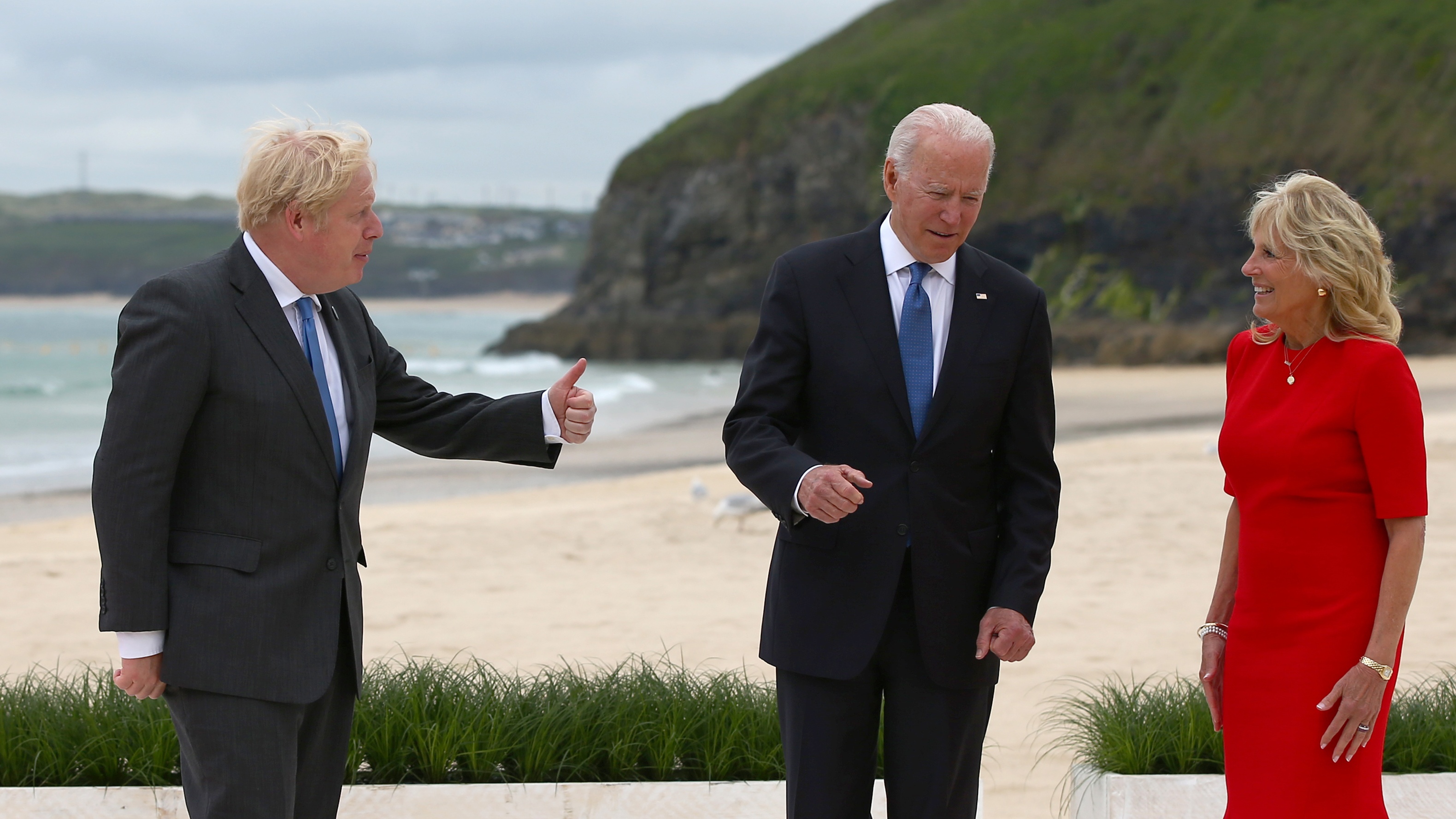
A free daily email with the biggest news stories of the day – and the best features from TheWeek.com
You are now subscribed
Your newsletter sign-up was successful
1. Britain can expect few favours from Biden
Janan Ganesh in the Financial Times
on the special relationship
“It is hard to convey the desire in an Asia-facing US for zero distractions in the rest of the world,” writes Janan Ganesh in the Financial Times. “The waiving of sanctions over the Nord Stream 2 pipeline, the exit from Afghanistan, the presidential talks with Vladimir Putin, all suggest a nation set on minimising non-Chinese sources of stress,” he writes. “To that end, Biden views the EU (a “strong and vibrant entity”) as a guarantor of European cohesion, like all pre-Trump presidents.” For the new president “there is no bitterness or even much discussion any more of Britain’s decision to leave it. But nor is there the slightest qualm about engaging with the continent through Berlin or Paris, if London renders itself peripheral or eccentric.” Indeed, “for all the pomp of the new ‘Atlantic Charter’, Britain and America will keep returning to this crux. The point of Brexit is the flexibility to scour the world for commercial and diplomatic openings. But the new US vision is one of pan-western solidarity: against economic undercutting, against the raw weight of China.”
The Week
Escape your echo chamber. Get the facts behind the news, plus analysis from multiple perspectives.

Sign up for The Week's Free Newsletters
From our morning news briefing to a weekly Good News Newsletter, get the best of The Week delivered directly to your inbox.
From our morning news briefing to a weekly Good News Newsletter, get the best of The Week delivered directly to your inbox.
2. Strong views are no substitute for news
Hugo Rifkind in The Times
on anti-woke journalism
“The slight oddity with GB News,” writes Hugo Rifkind in The Times, is that “we will always already know” its views. “Andrew Neil made a point of telling us, the moment the channel went live. GB News is anti-woke. It is against the ‘metropolitan mind-set’, against ‘identity politics’ and against ‘cancel culture'. It is, come what may, ‘proud to be British’. It is a channel with views, and it will never keep them hidden. This, literally, is the point.” It seems “absurd to suggest that GB News is tilting against ‘the wasteland to nowhere that is identity politics’ (as Neil has) when it is in fact proudly building a citadel on its rightmost flank.” “All the same,” writes Rifkind, “I cannot pretend to be anything other than edgy at the further, unabashed degradation of the idea that news is one thing, opinion is another, and that a journalist’s foremost job is to comprehend the difference. Yes, we fail. Perhaps always. Perhaps every day. But God, at least we should try.”
A free daily email with the biggest news stories of the day – and the best features from TheWeek.com
3. England’s players have won the nation over – on and off the pitch
Jonathan Liew in the New Statesman
on footballers coming home
“First came the boos. This much, at least, could have been predicted,” writes Jonathan Liew in the New Statesman. Just seconds before England’s first home game at a major men’s tournament since 1996, “Wembley Stadium shook to the sound of fans barracking their own team” as they took the knee ahead of their first European Championship match, Liew writes. “At which point, something rather uplifting occurred. Applause broke out: a little at first, and then a little louder. Then some shouting and cheering. Finally, English football’s silent majority had spoken,” writes Liew. “In a sense, this too was hardly surprising. The idea of the English footballing public as a homogeneous rump of unreconstructed racists may be a convenient narrative for both sides of the political divide. But the truth is a little more complex.” And perhaps there’s another reason support broke out among the fans, too: “We like our footballers now. Or at least, we like these footballers: courageous, principled young men who for all their wealth and fame are far more engaged with the world and their communities than many of their predecessors.”
4. With the extension of lockdown, Labour has one more chance to get match-ready
Zoe Williams in The Guardian
on building support
“Keir Starmer would probably never have appeared at Glastonbury to hear 20,000 people sing his name,” writes Zoe Williams in The Guardian. But because of ongoing coronavirus restrictions, “he does feel keenly the absence of the walkabout, being able to meet voters” and, in doing so, “become flesh-and-blood to them” rather than the rather “abstract” figure he now appears to be. Indeed, across “an increasingly fractured Labour party, there is one point of agreement: that the leader has to find a way to say who he is, to become three-dimensional to, and definable by, the electorate.” According to Williams, Starmer “won’t coalesce as a politician until he says something that costs him: something a Conservative couldn’t say, something that will win him enemies as well as friends”.
5. Why didn’t we shut the border with India sooner?
Ed West in UnHerd
on misguided ties
“Boris [Johnson] is by nature a libertarian, but what that means during a pandemic is libertarianism in the sky, and authoritarianism on the ground; you either have freedom between countries, or freedom within them,” writes Ed West in UnHerd. “Johnson once again chose the former, because it’s the easier thing to do; the rest of us are paying the price. The Government apparently delayed red-listing India because it didn’t want to ‘offend’ [Narendra] Modi,” writes West, but in doing so “we have sacrificed our chance to return to normal life” – and all because of “a strain of Tory Commonwealth nostalgia who believe that we have more in common with India than with Germany and France because we both play cricket and have a common history”, he argues.
-
 The mystery of flight MH370
The mystery of flight MH370The Explainer In 2014, the passenger plane vanished without trace. Twelve years on, a new operation is under way to find the wreckage of the doomed airliner
-
 5 royally funny cartoons about the former prince Andrew’s arrest
5 royally funny cartoons about the former prince Andrew’s arrestCartoons Artists take on falling from grace, kingly manners, and more
-
 The identical twins derailing a French murder trial
The identical twins derailing a French murder trialUnder The Radar Police are unable to tell which suspect’s DNA is on the weapon
-
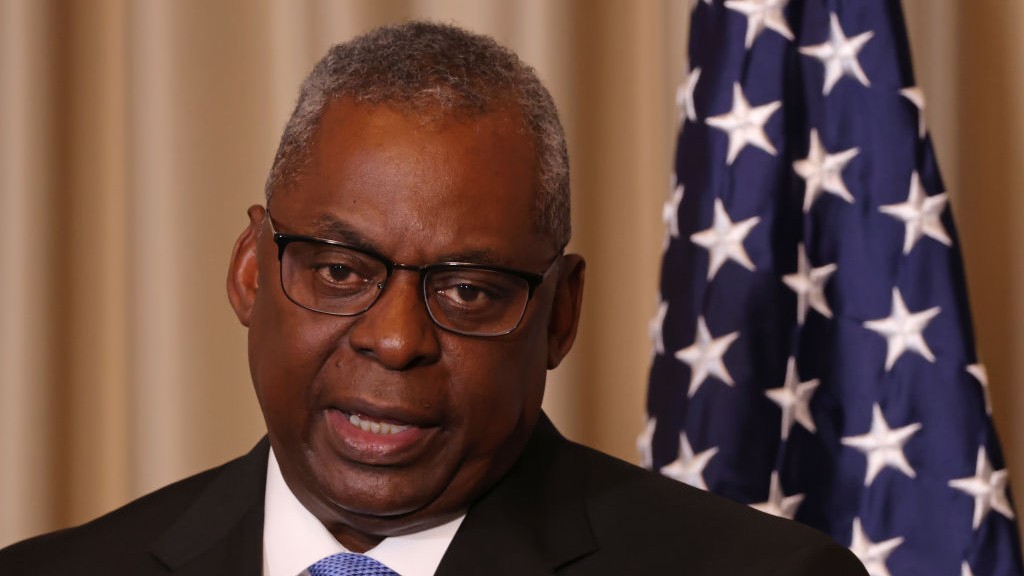 10 things you need to know today: January 7, 2024
10 things you need to know today: January 7, 2024Daily Briefing White House reportedly left unaware of defense secretary’s hospitalization, Biden to deliver State of the Union address on March 7, and more
-
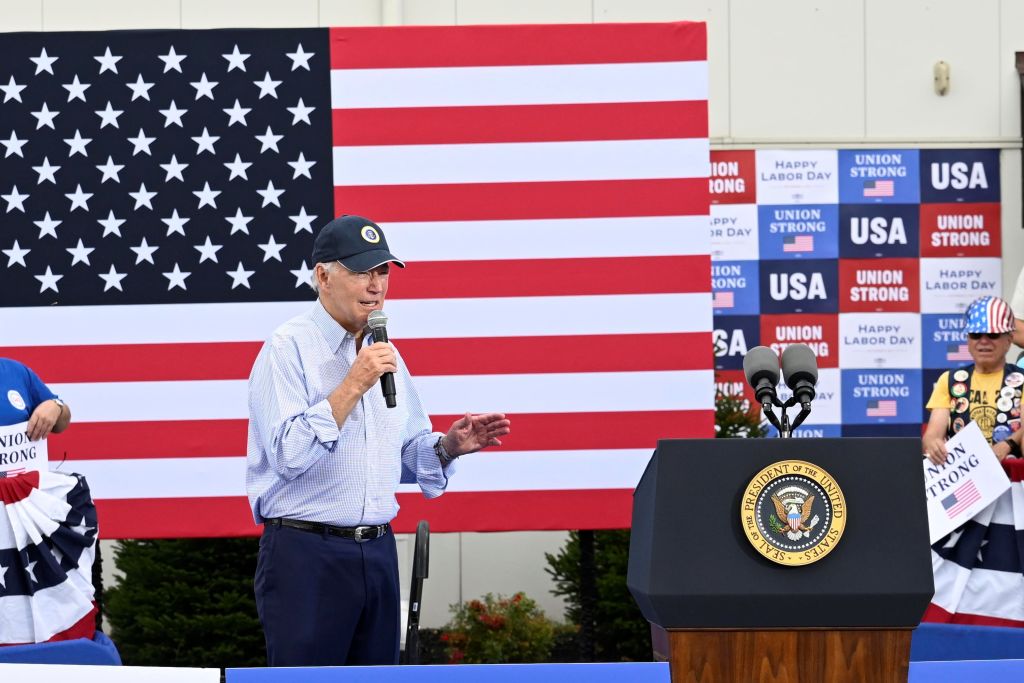 10 things you need to know today: September 5, 2023
10 things you need to know today: September 5, 2023Daily Briefing President Biden courts unions on Labor Day, thousands leave Burning Man after being trapped by desert mud, and more
-
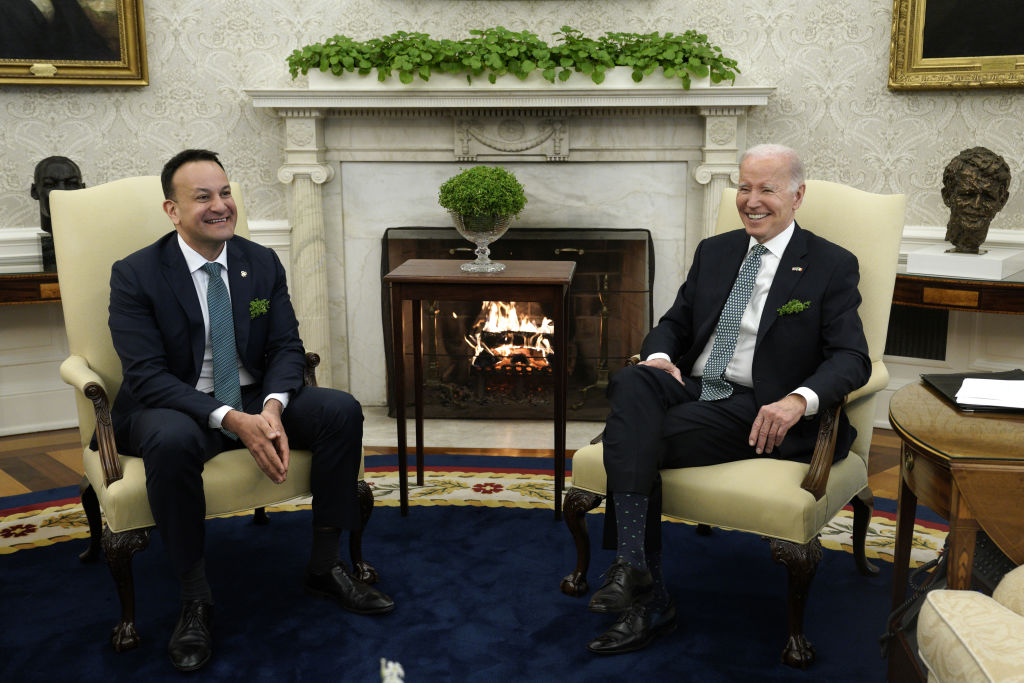 10 things you need to know today: March 18, 2023
10 things you need to know today: March 18, 2023Daily Briefing Trump says he expects to be arrested Tuesday in Manhattan, Biden hosts Irish Taoiseach at White House for St. Patrick’s Day, and more
-
 10 things you need to know today: February 11, 2023
10 things you need to know today: February 11, 2023Daily Briefing U.S. shoots down object flying off Alaska coast, Trump team has reportedly turned over more classified documents and laptop, and more
-
 Bursting Beijing’s balloon: what’s behind US response?
Bursting Beijing’s balloon: what’s behind US response?feature Incident triggered cancellation of US Secretary of State’s visit to China
-
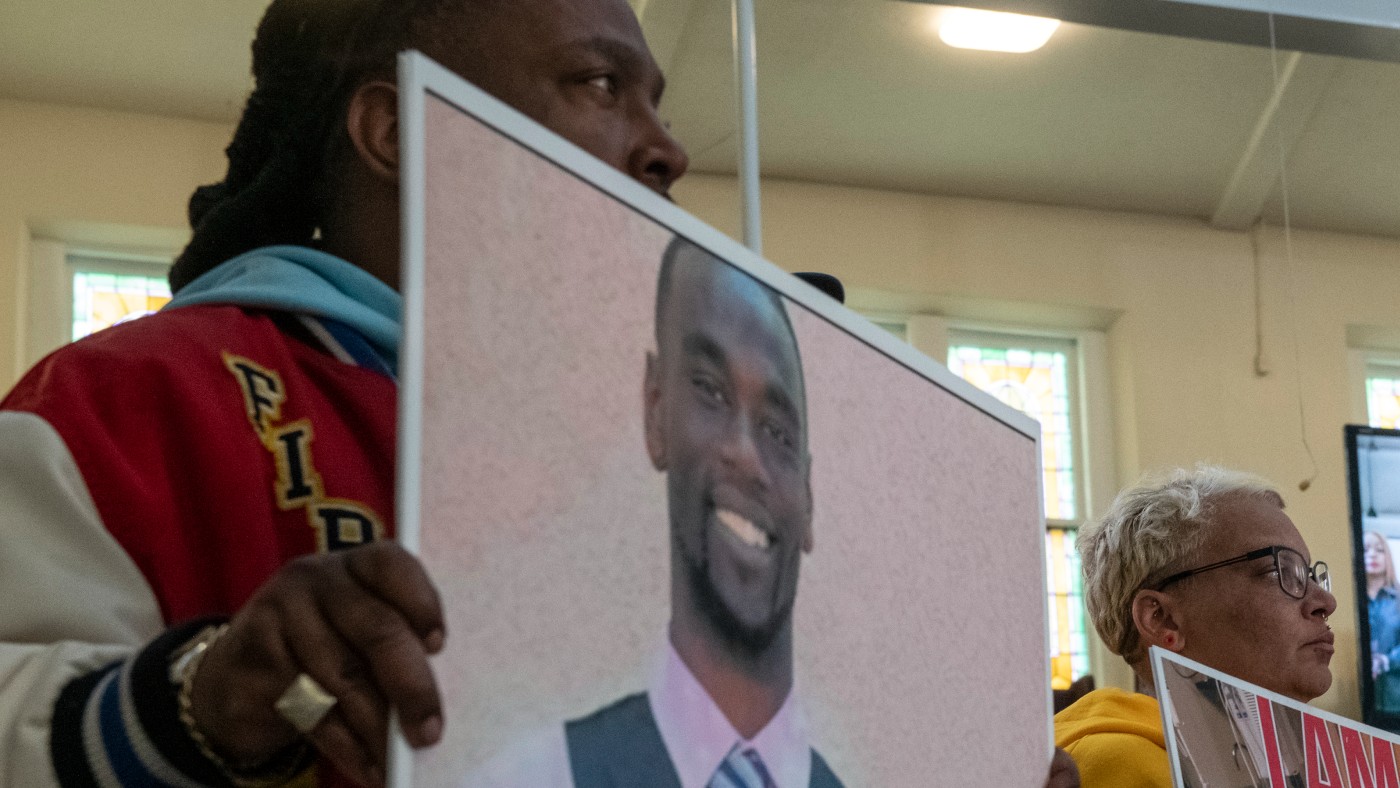 What happened to Tyre Nichols?
What happened to Tyre Nichols?Speed Read President Biden calls for ‘peaceful protest’ ahead of video release showing Memphis police officers fatally injuring 29-year-old
-
 10 things you need to know today: January 22, 2023
10 things you need to know today: January 22, 2023Daily Briefing 10 people killed during mass shooting in Los Angeles at Lunar New Year fest, FBI finds additional classified documents during search of Biden’s home, and more
-
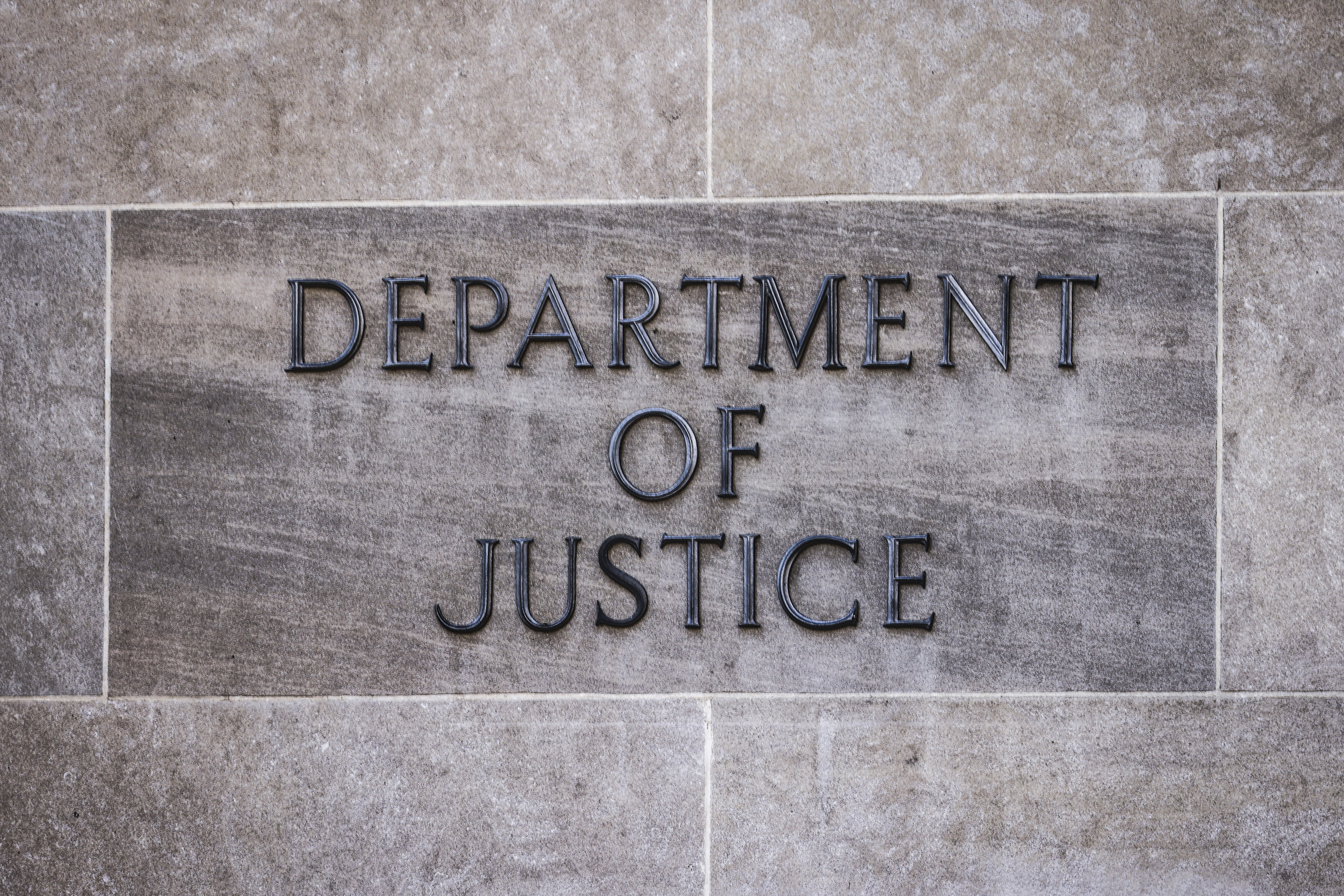 10 things you need to know today: January 21, 2023
10 things you need to know today: January 21, 2023Daily Briefing Justice Department tells GOP-led House it will not share info, Chris Hipkins to replace Jacinda Ardern as New Zealand prime minister, and more